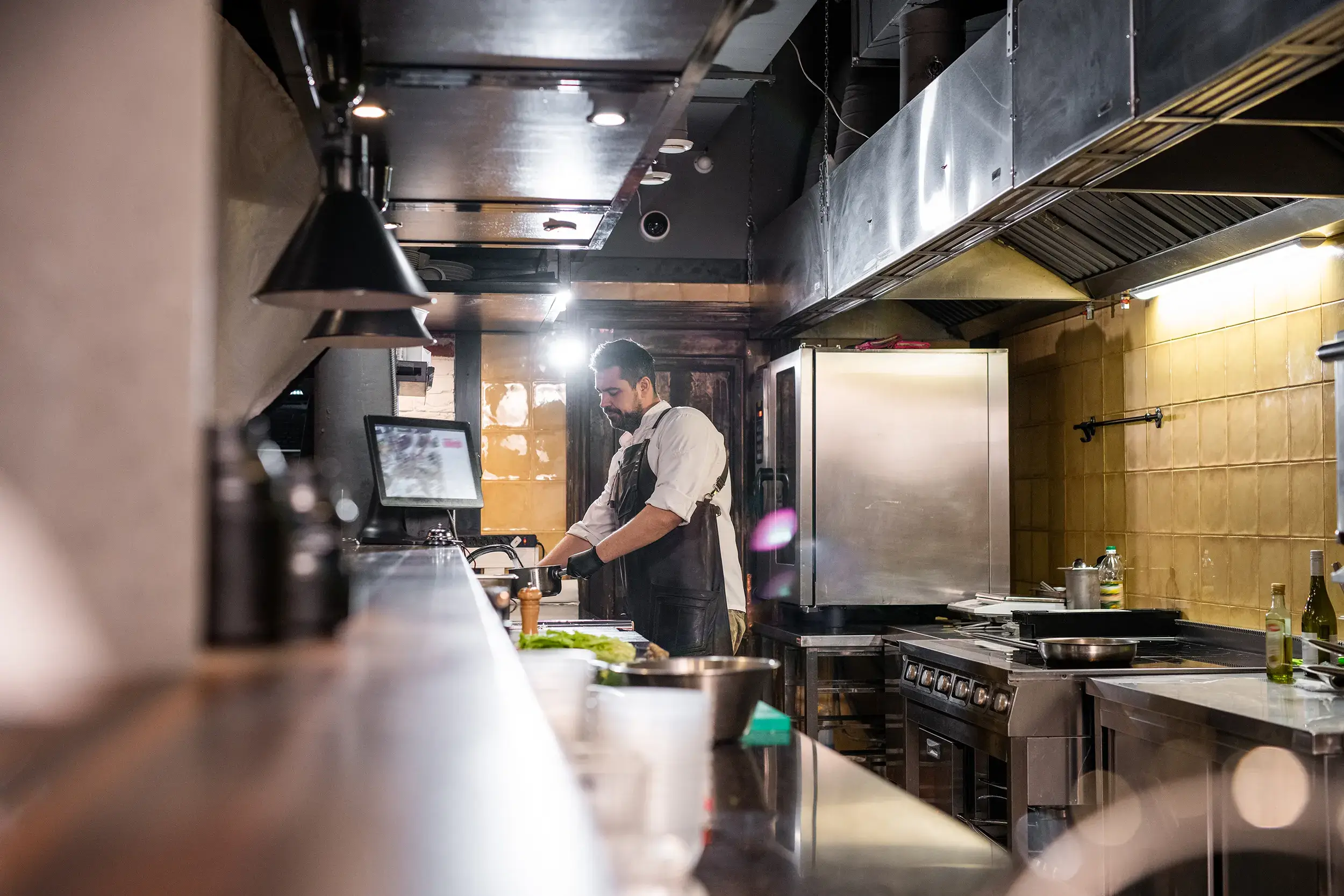Running a restaurant today means more than serving great food—it requires smooth operations, satisfied customers, and efficient management tools. A Restaurant Management System (RMS) combines essential features like order management, POS, inventory control, employee scheduling, and CRM into one platform.

Whether you operate a café, a fine-dining restaurant, or a multi-branch chain, understanding functional and non-functional requirements will help you choose the right RMS to grow your business.
Functional requirements are the core features that directly support day-to-day restaurant operations. They help manage orders, payments, customers, staff, and overall performance.
Order management is the backbone of restaurant service. It ensures that every customer order—from dine-in to delivery—is processed accurately and efficiently, reducing errors and delays.
Pro Tip: With tools like the SalesPlay Free POS system, restaurants can streamline order entry, speed up service, and connect seamlessly with kitchen display systems (KDS).
Effective inventory management prevents shortages, reduces waste, and ensures consistent quality by keeping track of ingredients and supplies.
CRM tools help restaurants build long-term relationships, improve customer satisfaction, and boost loyalty through personalized service.
Employees are the backbone of any restaurant. RMS features help manage staff schedules, payroll, and performance to keep operations efficient.
Reporting tools provide data-driven insights that help managers make informed decisions about sales, staffing, and operations.

Non-functional requirements ensure the RMS is not only feature-rich but also reliable, secure, and scalable for long-term growth.
SalesPlay POS system is a cloud-based platform with offline capability, which means restaurants can keep processing orders even if the internet goes down. This ensures uninterrupted service and higher customer satisfaction.
While requirements define what a restaurant needs, the right solution is what brings it all together. This is where SalesPlay Free POS System plays a critical role.
SalesPlay is a cloud-based restaurant POS platform designed to solve many of the pain points restaurants face daily—from slow order handling to complex billing and inaccurate inventory management. Unlike many systems, it also comes with offline capability, ensuring that business never stops, even when the internet goes down.
With features covering order management, menu updates, payments, inventory, customer loyalty, and reporting, SalesPlay acts as a complete restaurant solution rather than just a point-of-sale tool. By combining flexibility, ease of use, and advanced functionality, it empowers restaurant owners to manage every aspect of their business efficiently.
A Restaurant Management System is no longer a luxury—it’s a necessity for restaurants that want to operate efficiently, reduce costs, and deliver an exceptional customer experience. By integrating order management, inventory tracking, CRM, HR, and reporting, restaurants can streamline operations, increase accuracy, and boost profitability.
However, having requirements is only part of the solution. The right platform is what turns these needs into a seamless operation, and this is where the SalesPlay Free POS System stands out.
SalesPlay is a cloud-based POS platform designed to address the daily challenges restaurants face—slow order processing, complicated billing, and inventory inaccuracies. It also comes with offline capability, ensuring your restaurant continues running smoothly even if the internet goes down.
With features that include order management, menu updates, payments, inventory control, customer loyalty programs, and reporting, SalesPlay is much more than a traditional POS system. Its combination of flexibility, ease of use, and comprehensive functionality empowers restaurant owners and staff to manage all aspects of the business efficiently, saving time, reducing errors, and improving overall service quality.